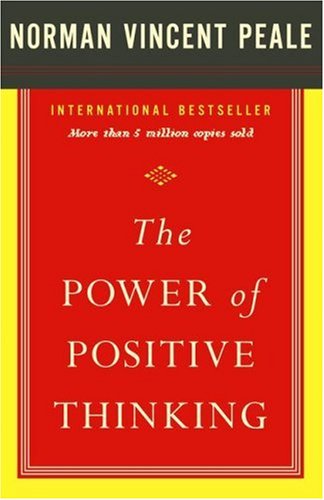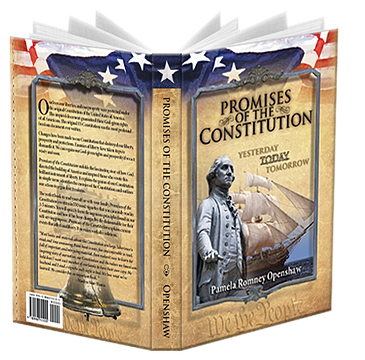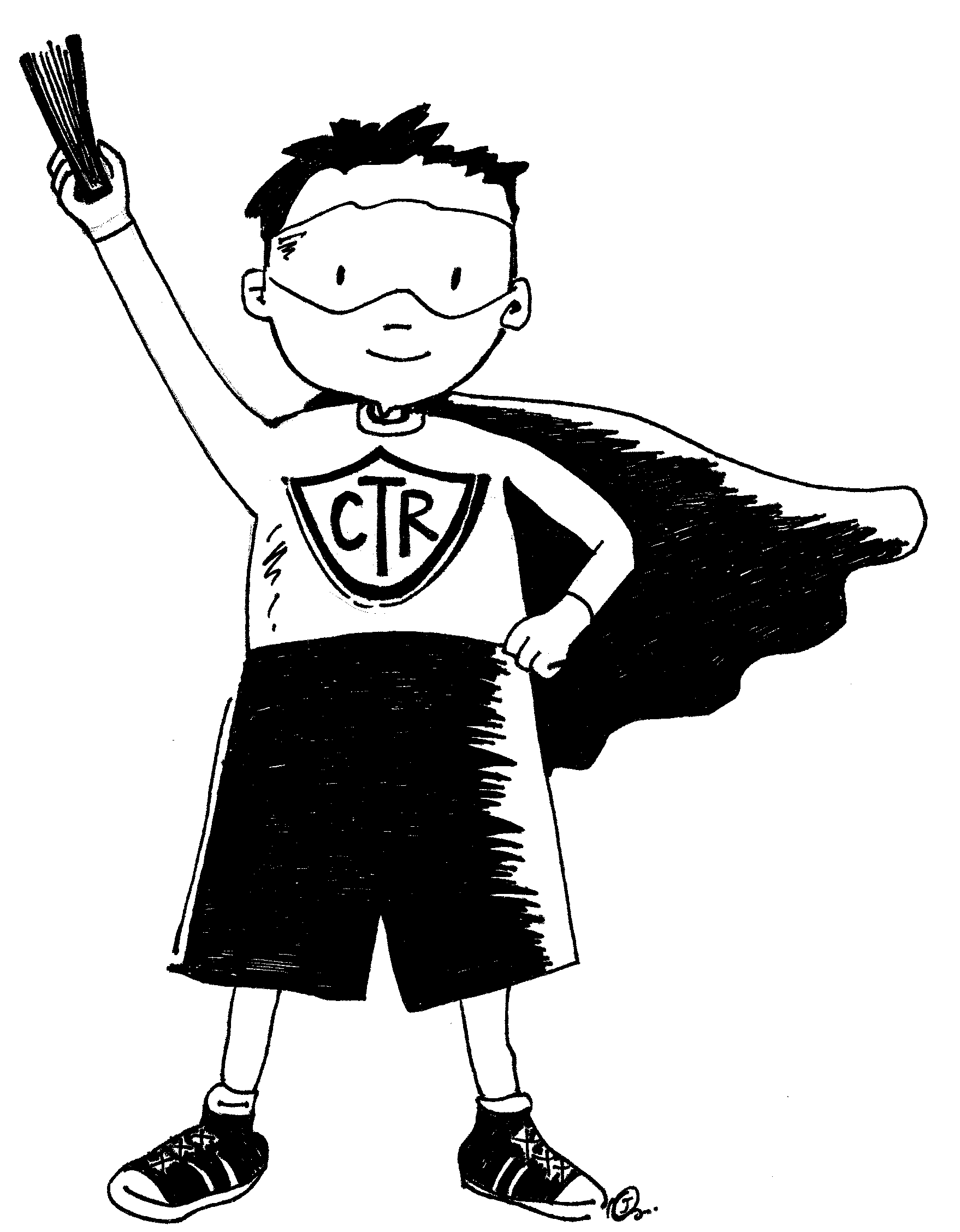(Estimated total time for Apprentice: 5 hours or more)
Study (Know)
1. Before you begin: Plan your studies for the week and discuss it with your parent(s).
Read through
the newsletter for this week’s lens (and master class if that applies to you). Highlight the required readings and the inspirements that most interest you.
Use a SAR (Student Accountability Report) or another tool (like a planner or notebook) to plan and pace your
studies for the week. Include your
Vanguard studies, other studies, and personal goals. Discuss this with your
parent(s) in your weekly parent mentor meeting.
We’re excited to see everyone blossom BIG TIME this year as you develop
self-leadership skills this habit will bring you: goal setting, time
management, planning, pacing, accountability, finishing, and asking for support
from parents. (Estimated time: 30 minutes)
2. Read a poem a day (from Sister Bates)
From American History in Verse American History in Verse (by Burton Stevenson). Read the poems to "Columbus" by Joaquin Miller (through page 8). (Estimated time: 30 minutes)
(by John Hilton III and Anthony Sweat). Read the introduction (pages 1-4). Say a prayer to be guided, and then read the table of contents and mark any of the headings that stand out to you. Then choose one of the chapters to read. Read that chapter, marking your favorite parts as you read. In your journal make note of any spiritual promptings you receive while you read so you can act on those. (Estimated time: 30 minutes)
(by Pamela Romney Openshaw). Read the preface and prologue.
Then read pages 93-121. Mark anything that stands out to you. If it brings up any questions,
jot those down in the book or your notebook. Feel free to ask those questions
to your parents or in class. (Estimated time: 1 hour or more)
5. Hero Study.
Research and take notes on a person you admire from this time period (1500 to 1850). This could include a founding father or mother, an inventor, musician, religious leader, author, or someone else you admire and want to learn more about. Use a book from our recommended hero book list, or find other sources with the approval of your parents. (Note: Wikipedia is not allowed. Copying and pasting is not allowed. This needs to be in your own words.)
Here are some ideas of thing you could include in your notes: your hero’s life and experiences, how you think they filled the mission God sent them to live, how their hard work, education, talents, and even life challenges helped them become a better person and do something worthwhile, how you can see God's hand in his or her life, and what Christlike characteristics that person had that you admire. (Estimated time: 1 hour)

6. Word Study.
Do a word study on ONE of the following words: “God,” “Liberty,”
“Agency,” “Virtue” “Constitution,” or “America.” (Estimated time: 30 minutes)
Teach (Understand)
Choose ONE of the following inspirements: (Estimated time: 30 minutes or more)
1. Teach the Vanguard group the skill you chose to learn from the "How book." You could teach this in a variety of ways: create a poem or song, a multimedia presentation like Prezi or Power Point , a white board discussion, an object lesson, a poster board that displays the main points, prepare a talk similar to what you’d give in sacrament meeting, or write a paper about it to read to the class. Be sure to include a scripture or quote from the chapter, how you've benefitted from working on that skill, and an invitation for the class members to work on it too.
2. Create a new habit. Read the "How book" chapter first thing this week so you have a whole week to work on the skill you studied. Write down a goal on this week's SAR about the skill you studied in the “How book.” At the end of the week before you come to Vanguard, write in your journal about how you've been doing working on the skill and how it's helping you become more like Christ. Come to class ready to share the your goal and how it's helping you become better. Invite the class to improve in that area too. Optional: Since it's estimated to take 28 days for your brain pathways to make a new habit, go the extra mile and keep working on that habit until the next Leadership Academy class in four weeks. Use your SAR to write the goal each week, and include your parents in your progress in your weekly parent mentor meetings.

3. When reading Promises of the Constitution, write a sentence at the end of each tiny chapter that summarizes the main concept. Take one of those main concepts and choose a way to teach it to the class. You can use a Prezi or Power Point presentation, white board discussion, object lesson, short game or activity or simulation, or find a video online to help you teach the concept.
4. Write a hero report. From the notes you wrote about your hero, type up a report. See Sister Edwards' example for ideas. Read the report to the class. (Hand in your report so we can see that you did it. It won't be graded or anything. If you'd like to become a better writer, you can write at the top "please give some helpful feedback." You can ask your parents to proofread and offer a little feedback before you hand it in too if you’d like.)
4. Give a hero presentation. If it's your week to present your hero report (you'll sign up for a turn), have fun with it! After researching your hero and taking notes, find some fun ways to present your hero to us! Here are some ideas:
• Dress up as your hero and read us your hero report
• Show pictures a short video clip about your hero and some of the things he or she did to make the world a better place
• Perform part of a speech your hero gave, or play part of a musical composition he or she
• Create a skit that portrays your hero’s characteristics and what he or she accomplished
• Write a poem about your hero
• A short game to help you teach the class interesting things about your hero
• Be sure to include what characteristics you admire about your hero, and your plan to develop one of those characteristics.
Serve (Become)
Choose ONE of the following inspirements: (Estimated time: 30 minutes or more)
1. Teach a family home evening lesson on one of the three things you studied this month: your skill from the “How book,” a government principle from the Promises of the Constitution book, or your hero report. Or if you did the journeyman reading, you could teach an FHE lesson on that book.
2. Prayerfully think of a service project you can do that has to do with something you learned from your apprentice studies. One idea is to think of how your hero liked to serve others and find a service that follows that example. If your hero is a musician, could your family visit a bedridden older neighbor and sing some songs to cheer her up?
3. Write down promptings you receive while doing your readings and inspirements. Act on one that serves someone else. Come to class ready to share.
4. Get involved in Teen Eagle Forum, from which a guest speaker visited
Vanguard last year. (http://www.utaheagleforum.org/teeneagles.html).They have monthly meetings and you can volunteer to be a
teen legislative page during the state legislative sessions to help promote
pro-family issues. Or do something else to promote liberty. Come to class ready
to share.
5. Teach a family member or friend the main points of the things you've
learned from your studies this week. Be sure to tell them how you're going to
improve your life from the things you've learned. Come to class ready to share.






























.jpg)

